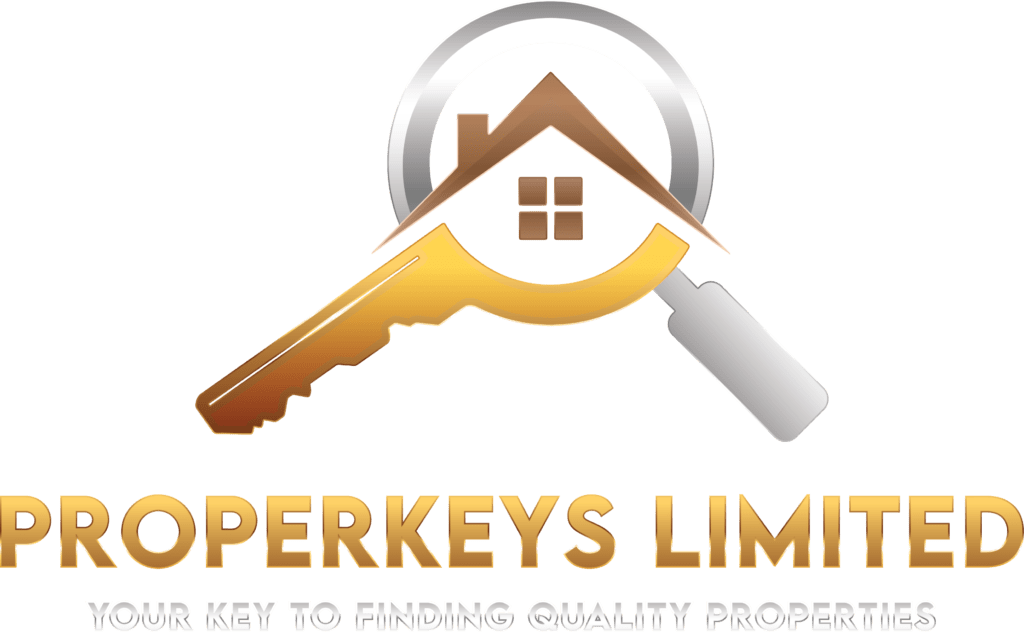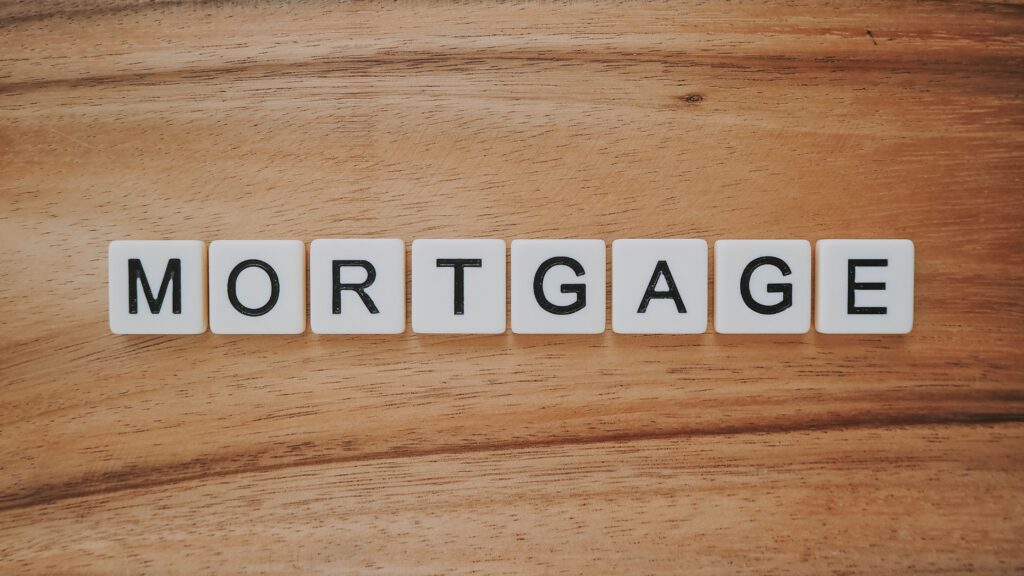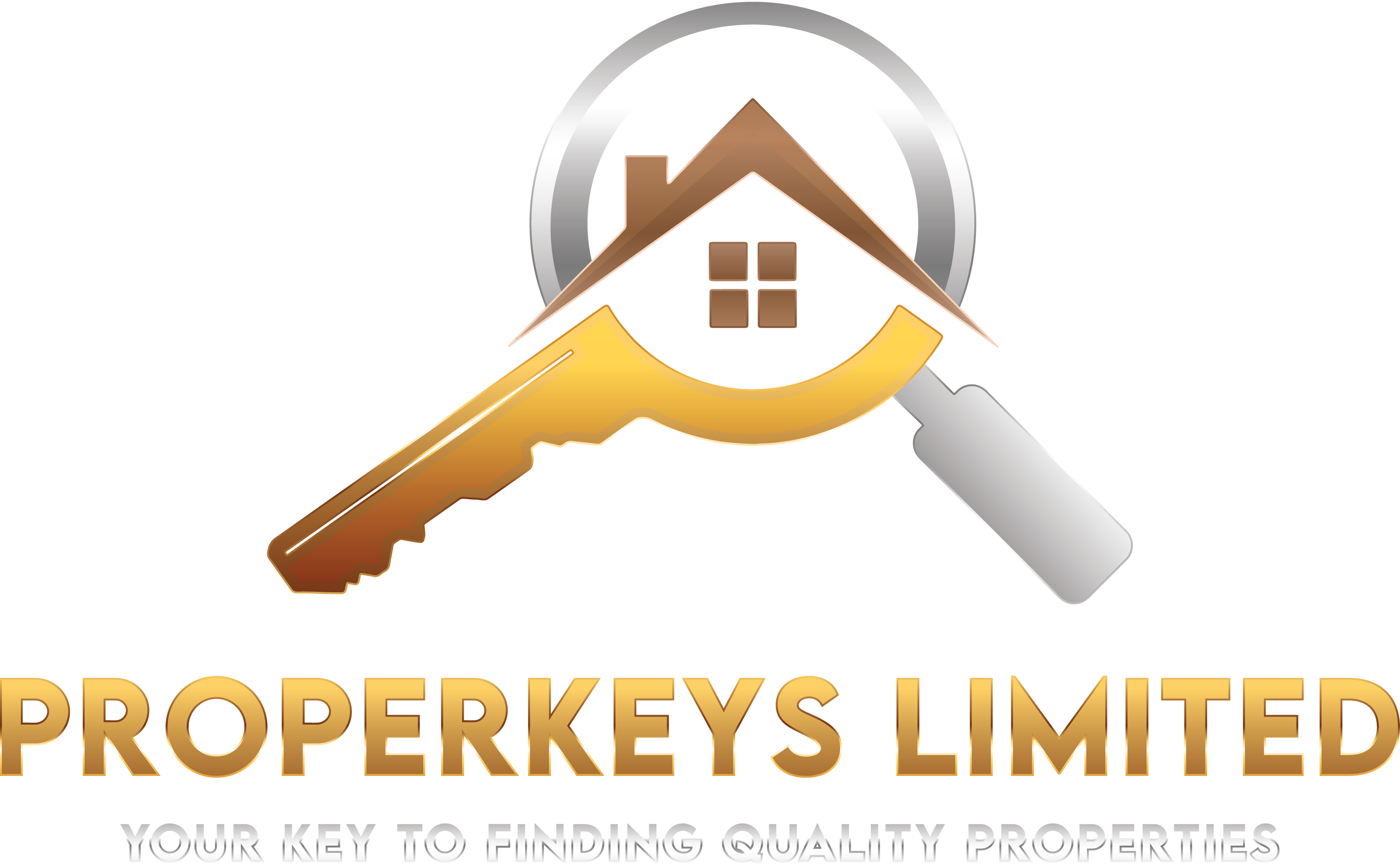If you are planning to buy a new house, you probably have a lengthy list of things to consider. One of the major factors to consider is how to finance the purchase. If you’re considering a 100% mortgage, then you need to understand everything about it before making a final decision. In this comprehensive guide, we’ll cover the basics of 100% mortgages in the UK to aid in your decision-making process.
What is a 100% Mortgage?
So, you’ve found your dream home, but the bank is asking for a 5% deposit which you don’t have. Don’t lose hope because there are a few ways to secure a 100% loan for your potential home. Let me tell you how.
A 100% mortgage is a loan that allows you to borrow the entire cost of a property without making any down payment. This type of mortgage used to be readily available pre-2008, but many lenders are now stricter about their lending criteria due to the global financial crisis. There are also several variants of 100% mortgages, such as guarantor mortgages and family-assisted mortgages.
If you’re looking to secure a 100% mortgage in the UK, there are a few things to keep in mind. While such mortgages are available, they’re not offered by all banks and lenders. Additionally, the type of mortgage you end up with – guarantor mortgage or family-deposit mortgage – will depend on the lender’s requirements. One bank that offers this type of mortgage is Skipton, but it’s always worth shopping around to see which lenders are offering the best deals. It’s important to remember that a 100% mortgage can be risky, as you won’t have any equity built up in your property from the start. However, with the right planning and preparation, it could be a viable option for those looking to get on the property ladder.
How Does a 100% Mortgage Work?
Now you know what a 100% mortgage is, but how does it actually work? The most important thing you need to know is that you don’t need any deposit! The entire purchase price of the property is borrowed, but due to the high risk involved, many lenders are reluctant to offer these. However, there are still some 0 deposit mortgages available on the market if you want to explore your options.
When it comes to purchasing a property, a 100% mortgage might seem like an ideal solution for those who are struggling to save up for a down payment. However, potential buyers should take note of the higher mortgage interest rates that come with this type of loan. Banks and lenders may also require additional fees when applying for a 100% mortgage. That being said, Skipton is one bank that offers this option to buyers. While higher interest rates may seem daunting, the biggest advantage of a 100% mortgage is the lack of a down payment requirement. For those who don’t have a significant amount of savings, this can be a major relief and an opportunity to finally become homeowners.
Who is Eligible for a 100% Mortgage?
So, you understand how 100% mortgages work, but who is eligible for this type of loan? Firstly, it’s important to note that because not all banks and lenders offer 100% mortgages, your options may be limited. In general, eligibility for a 100% mortgage depends on factors such as your credit score and income level. Lenders will typically require you to have a good credit score and a stable source of income to ensure that you’ll be able to make your loan repayments. In most cases, you’ll need to show that you’re capable of paying back the entire sum you borrowed plus interest within the agreed-upon time frame before a lender considers your application. You’ll also need to provide evidence of at least 12 months of positive rental history.
Additionally, some lenders may require you to have a guarantor or to take out mortgage insurance as a way to manage the risk of lending you the full amount.
Ultimately, the eligibility rules for a 100% mortgage will vary depending on the lender and the country, so it’s important to do your research and compare your options before committing to any particular loan.
The Risks Associated with 100% Mortgages
While 100% mortgages may seem like an attractive option, there are inherent risks associated with this type of mortgage. In the event of a downturn in house prices, buyers with 100% mortgages may find themselves in negative equity, meaning they owe more on the property than it is worth. Additionally, banks and lenders may charge higher interest rates for these types of mortgages, as they bear a greater level of risk. It’s crucial for homebuyers to carefully consider the risks associated with 100% mortgages before deciding whether it’s the right option for them.
Alternatives to 100% Mortgages
For many potential homebuyers, a 100% mortgage might seem like the only option to make their dream of owning a home come true. If you’re not eligible for a 100% mortgage or it’s not the best option for you, there are other alternatives to consider before committing to such a high-risk loan. Let’s explore some of these options below:
- Government Schemes, such as the Help to Buy Equity Loan, which can provide up to 20% of the home’s purchase price, requiring only a 5% deposit from the buyer.
- Gifted deposits from family or friends, where a portion of the deposit is given as a gift rather than as a loan.
- Finally, new-build developer loans, where developers offer an incentive to buyers through low- or no-deposit options, can also be considered. They’ll offer to lend you funds for the deposit on the new construction; simply repay the loan over a designated period. Bear in mind, however, that this is on top of your mortgage payments, so carefully consider if the financial arrangement is feasible for you. It is important to weigh all options carefully to determine the right solution for your individual circumstances.
Is a 100% Mortgage Right For You?
A 100% mortgage can be a good option for some property buyers who don’t have significant savings for a deposit. However, it is essential to understand that you’ll pay higher interest rates and fees, and there are also risks associated with this type of mortgage. Be sure to consider all your options and speak to a competent Mortgage Advisor to help you decide what is best for you.



